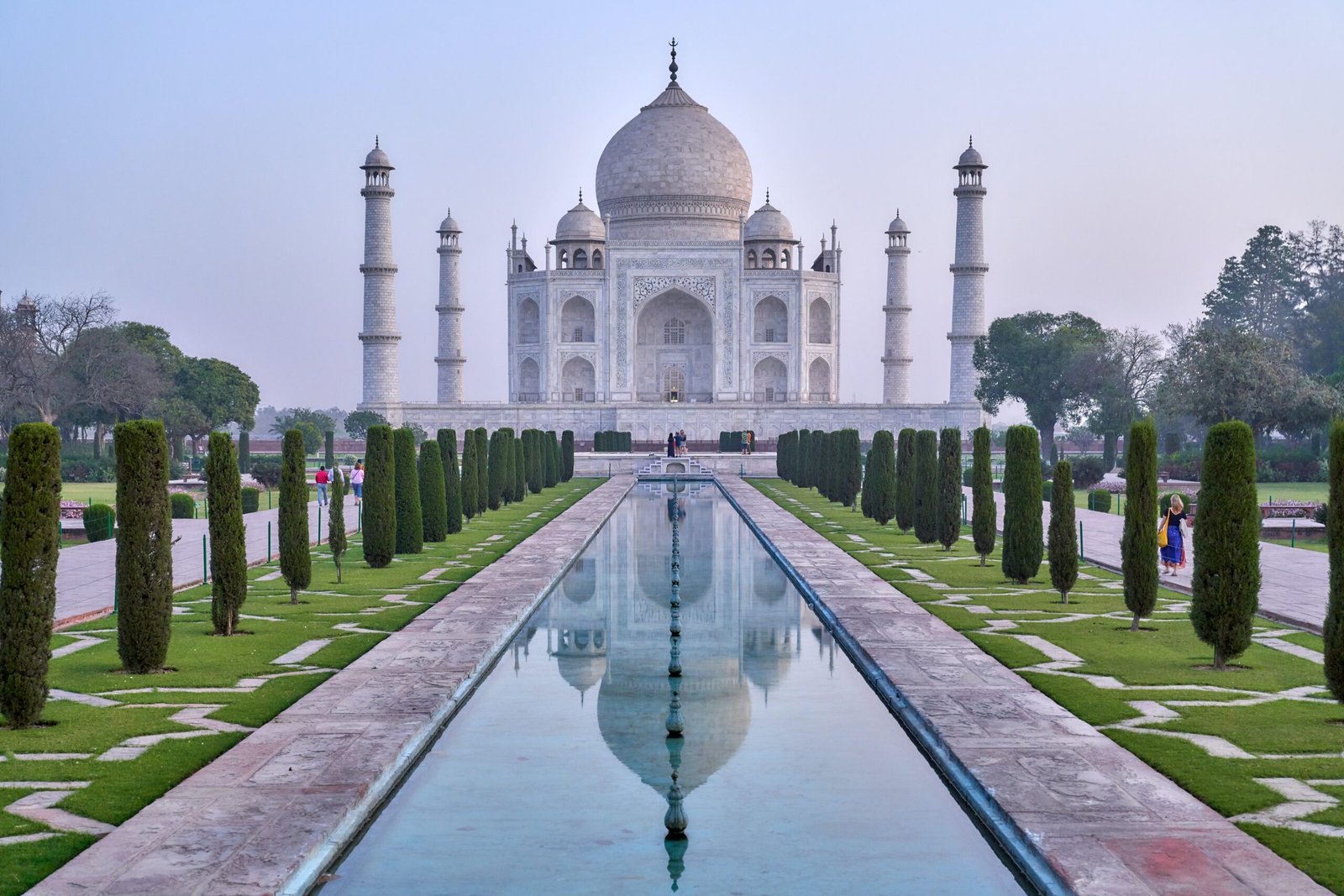India and Canada share a long and complex history, marked by both cooperation and occasional tensions. It is important to understand the background and context of the issues that have arisen between these two countries in order to foster better understanding and cooperation in the future.
The history of the India-Canada issue dates back to the early 20th century when India was still under British colonial rule. At that time, many Indians migrated to Canada in search of better economic opportunities. However, they faced discrimination and were subjected to various restrictions, including the infamous ‘continuous journey’ regulation that prevented most Indians from immigrating to Canada.
These discriminatory policies were met with protests and resistance from the Indian community in Canada, as well as from Indian leaders such as Mahatma Gandhi. The struggle for equality and justice continued for several decades, culminating in the repeal of discriminatory immigration laws in the 1960s.
Despite these historical challenges, India and Canada have also had periods of close cooperation and friendship. After India gained independence in 1947, diplomatic relations between the two countries were established, and both nations began to work together on various issues of mutual interest.
Trade and economic ties between India and Canada have been steadily growing over the years, with bilateral trade reaching new heights. Canada has become an important destination for Indian students, professionals, and tourists, further strengthening the people-to-people ties between the two nations.
However, there have been occasional tensions between India and Canada, particularly on issues related to human rights and Sikh separatism. The issue of Sikh separatism has been a sensitive topic for both countries, with Canada being home to a significant Sikh population and India facing challenges related to terrorism and separatist movements.
These tensions came to the forefront in 1985 when the Air India Flight 182 was bombed, resulting in the loss of 329 lives, most of whom were Canadians of Indian origin. The investigation into the bombing revealed links to Sikh separatist groups based in Canada, leading to strained relations between the two countries.
In recent years, there have been efforts to address these issues and strengthen bilateral ties. High-level visits and dialogues have taken place, focusing on areas of common interest such as trade, investment, and security cooperation. Both countries have acknowledged the importance of maintaining open and constructive dialogue to address any differences and find mutually acceptable solutions.
It is important for both India and Canada to recognize the shared values and interests that bind them together. By understanding the history of the India-Canada issue and working towards resolving any outstanding concerns, the two countries can build a stronger and more productive relationship in the future.




